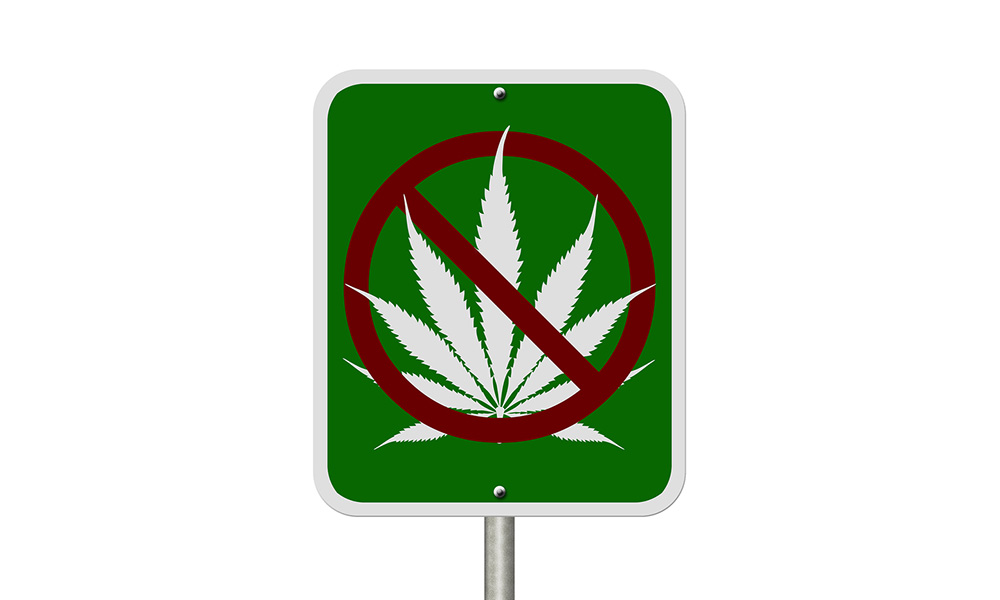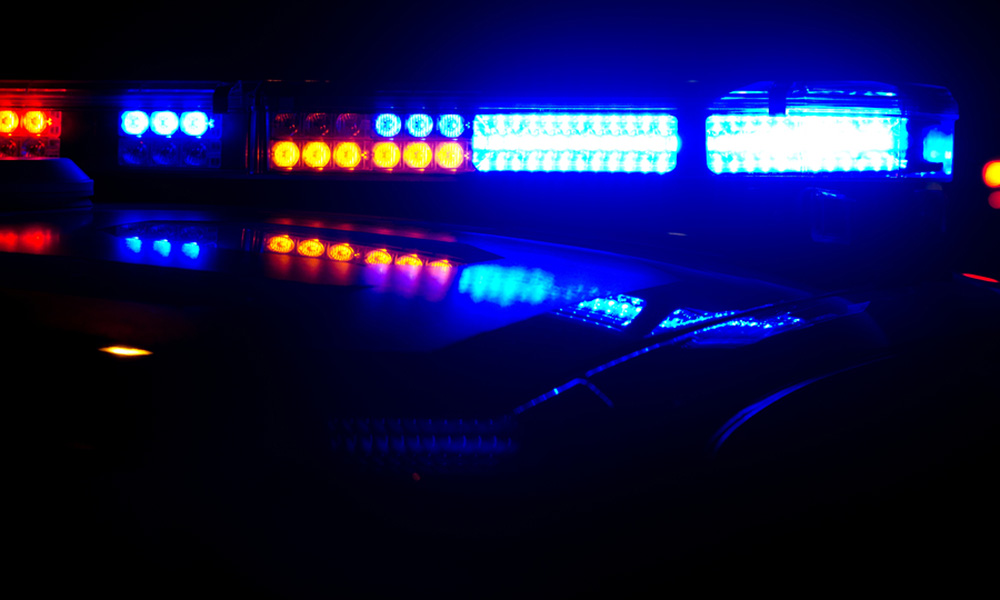If there is one question that comes up over and over again the closer it gets to New Years Eve, it is whether or not you can refuse a breathalyzer test in the state of New York. Everybody wants to celebrate but getting stopped for a DUI puts a damper on people’s moods really quickly.
It might seem like a good idea to refuse a breathalyzer test if you are worried about blowing over the legal limit but this is almost never a good idea. Can you refuse a breathalyzer test? Yes, you can. But should you? Almost universally the answer is no. Here’s why.
What Happens if I Refuse to Take a Breathalyzer Test?
Refusing to take a breathalyzer test is almost always seen as an admission of guilt to being over the legal limit while driving. This means that you will still likely be charged with a DUI/DWI for refusing the test. Therefore, refusing the test doesn’t eliminate the chances that you’ll get away with being intoxicated behind the wheel. But what refusing a breathalyzer test will do is open you up for more consequences.
New York has an implied consent law. This basically means that if you are driving on a public road then you must agree to take a breathalyzer test in cases where law enforcement has reasonable suspicion to believe you are intoxicated.
Refusing a breathalyzer test will result in a fine of $500. Refusing a breathalyzer also results in an automatic suspension of your license for up to a year. Since refusing a breathalyzer gives law enforcement reason to charge you with a DWI/DUI, some people assume that if they can get off from the DUI then they can get their license back. But the fine and the suspension are separate from the charge and so they remain even if the charges are dropped.
Normally in a DUI case there is the possibility of getting a conditional license. This is a license that allows you to drive to and from work. Conditional licenses are a way for people to keep their jobs despite their charges and they can really be the difference between an uncomfortable outcome and one that completely ruptures your life.
But if you refuse to blow a breathalyzer test then you are not allowed to get a conditional license in relation to your case. So refusing to blow results in a fine and it removes your ability to get a conditional license. It also is a fact of the case which can be told to the jury and so any attorney will tell you that refusing a breathalyzer test does not look good in court.
What are the Positives to Taking a Breathalyzer Test?
Taking a breathalyzer test is almost always the best choice of action when you’re asked to blow one. One solid reason for this is that blowing the test provides less evidence to your intoxication than you might think. People are often afraid to blow the test when they’ve only had a couple drinks. They believe that refusing to blow the test is in their best interest because if they fail the test then they’re going to be unable to get out of a DUI.
But refusing to blow the test doesn’t eliminate the DUI. As mentioned above, refusing the test is mostly seen as an admission of guilt. So refusing alone often ends in the result that you were trying to avoid. Add to this that law enforcement can also testify to your physical appearance and behavior (such as your reckless driving) during the traffic stop and you have very little to gain by refusing to blow the test.
But if you’ve only had a couple of drinks then there are some positives to blowing a breathalyzer test. For one, blowing the test looks good in the eyes of a jury. It shows that you were willing to take the test and this implies that you personally believed yourself to be within the legal limit. This helps to give your choice to get behind the wheel less of a stigma to it.
Breathalyzer tests aren’t infallible, either. In fact, it is common knowledge that the alcohol content in mouthwash can be enough to fail a breathalyzer test if you’ve used it within a short period of time before blowing. With tests being so sensitive and prone to variation it can be easy to challenge a breathalyzer test that only failed by a small margin. Challenges of this nature often see a lower plea accepted or even the case being dismissed.
Is There Ever a Time when I Shouldn’t Take a Breathalyzer Test?
The only time when it makes sense to refuse a breathalyzer is when you are completely and utterly intoxicated. If you are at risk of blowing more than .18 then you should refuse a breathalyzer because the result could be that you are charged with aggravated driving while intoxicated, a worse charge than what you would otherwise get for driving while intoxicated.
However, it should go without saying that if you are intoxicated enough to be at risk of getting an aggravated driving while intoxicated charge if you blow a breathalyzer test then you shouldn’t be behind the wheel of a vehicle. The best way to avoid the consequences of driving under the influence or refusing to blow a breathalyzer is to not put yourself in the position to have to blow one in the first place.
I Refused a Breathalyzer Test, What Should I Do Next?c
Chances are that by refusing to blow a breathalyzer test you still found yourself having to deal with the consequences of driving while intoxicated. Your refusal to blow is going to make your case look worse than if you did so it’s even more important than ever that you hire an experienced attorney to help you with your case.
Here at Mirsky Law Firm we pride ourselves on our experience and our knowledgeable attorneys are always ready to help defend you in cases like this. Give us a call at (516) 299-6187 to see what steps can be taken to minimize the consequences of your refusal to blow a breathalyzer test.














Comments are closed.